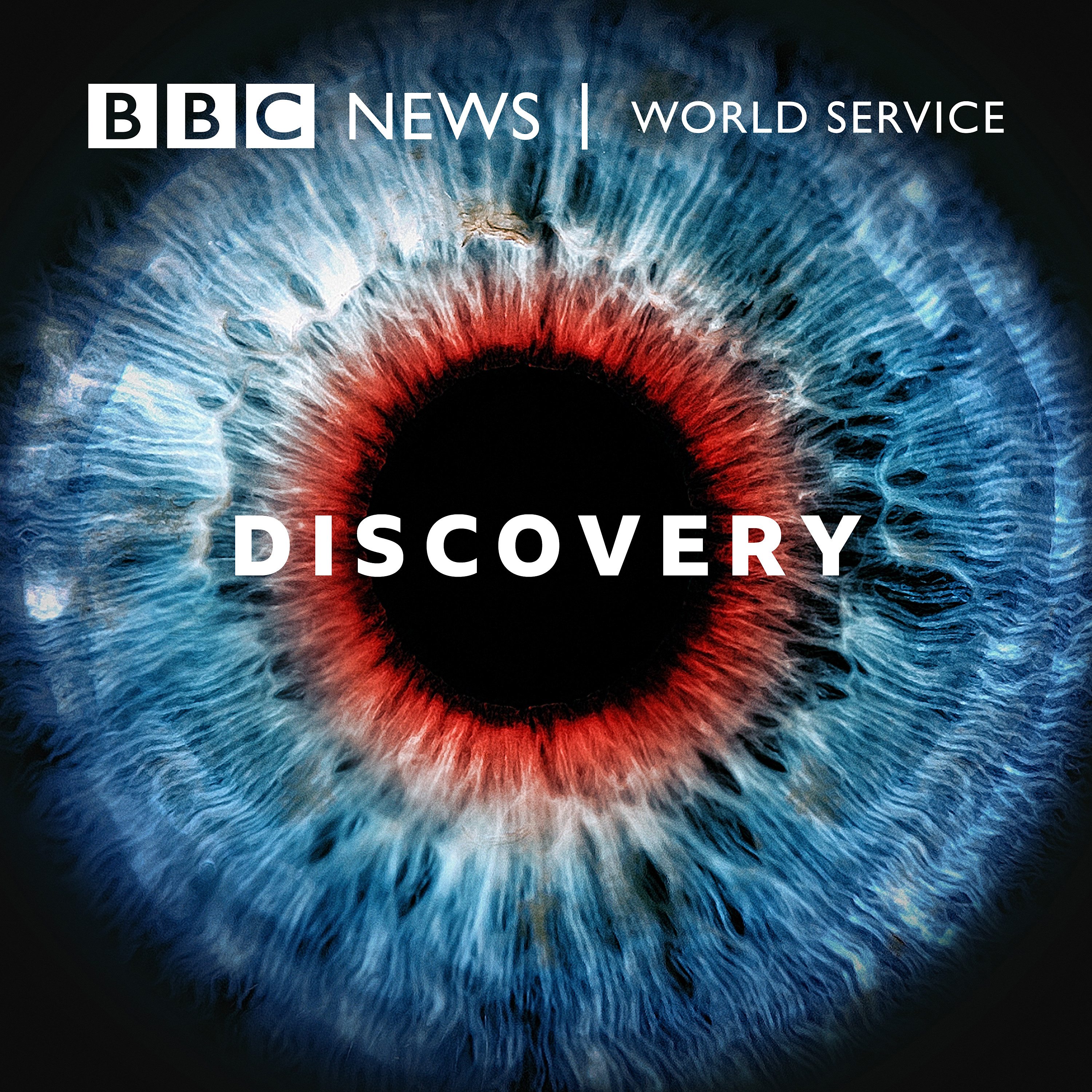
Discovery
Jan 29, 2022
In a special edition of The Evidence, Claudia Hammond and her panel of experts focus on Africa, on how the more than fifty countries on the continent, home to 1.3 billion people and the most youthful population in the world, have fared, two years into the pandemic.
African scientists have been key players in the global response, sequencing variants of the virus and sharing this vital information with the world.
But there’s been huge frustration and anger on the continent about the way Africa has, yet again, found itself at the back of the global queue for life-saving tests, treatments and vaccines.
The sense that the global health system isn’t set up to deliver for Africa has prompted what’s been described as unprecedented solidarity, and galvanised calls for increased healthcare independence, self-sufficiency and a new public health order for the continent.
This includes plans to manufacture the vaccines, medicines and tests that Africa needs to increase its health security in Africa for Africa.
In The Evidence, the head of the World Health Organisation in Africa, Dr Matshidiso Moeti, tells Claudia it has been “extremely devastating” to watch history repeating itself (just like the HIV pandemic and the millions of African lives lost because they were unable to access life-saving antiretroviral medication) as international solidarity faltered and Africa struggled to access vital supplies.
The Pasteur Institute in Dakar, Senegal (along with centres in South Africa and Rwanda) has a key role in pan-African plans for increased health sufficiency. Yellow Fever vaccines have long been made here but the plan is that later this year, mRNA vaccines for Covid-19 and eventually for other diseases like Lassa and Rift Valley fevers, will be manufactured at this and other sites.
Institute head Professor Amadou Sall, a virologist and public health specialist says producing vaccines, medicines and tests will reduce the dependency of Africa on the global community and increase health security.
Dr Yodi Alakija, co-chair of the African Union’s Vaccine Delivery Alliance and WHO Special Envoy to the Access to Covid Tools Accelerator, the ACT-Accelerator, says the pandemic has laid bare a failure of global political leadership, where a life in Lagos has been viewed as worth less than a life in London.
The equity gaps in access to the tools needed to fight Covid-19, she says, must be closed, and there are hopes that a high level global conference, “Port to Arms: Africa Responds – Vaccine Equity, Delivery and Manufacturing”, in Abuja, Nigeria, in February, will lead to a renewed commitments to vaccinate the world and end this pandemic.
Produced by: Fiona Hill and Maria Simons Studio Engineer: Donald McDonald and Tim Heffer

